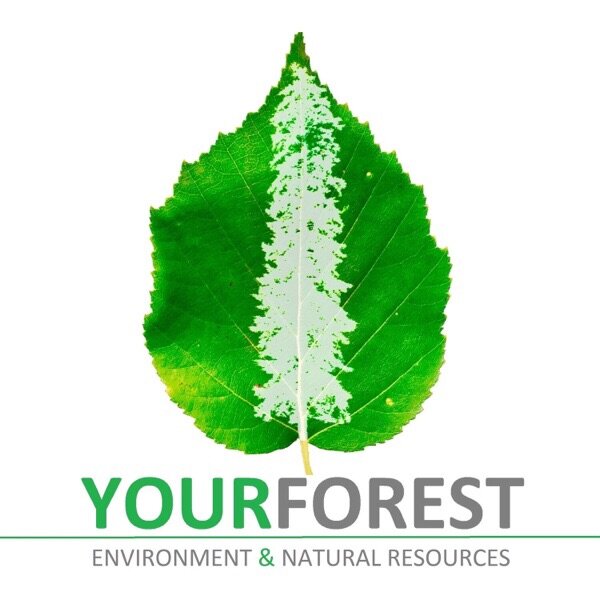For generations, since colonization, authority over the land and how to manage it has been held firmly by colonial governments, despite that land being sustainably managed for thousands of years prior to European contact by Indigenous peoples. Firesticks is an organization that aims to change the system and create more opportunities for Indigenous lead fire management. A more inclusive management system serves multiple purposes, benefiting all walks of life from indigenous to non-Indigenous peoples, as well as a more sustainable landscape.
Good Fire Podcast by Amy Cardinal Christianson and Matthew Kristoff
Stories of Indigenous fire stewardship, cultural empowerment and environmental integrity
Firesticks Alliance in Australia with Oliver Costello
Episode highlight
In this podcast, Oliver Costello talks about Firesticks, an Indigenous-led network that aims to re-invigorate the use of cultural burning by facilitating cultural learning pathways to fire and land management.
Resources
Firesticks: https://www.firesticks.org.au/about/
Sponsors
The Canadian Partnership for Wildland Fire Science
Support from:
● California Indian Water Commission
● Firesticks Alliance Indigenous Corporation
Quotes
31.10 - 31.20: “You develop all these safety mechanisms for risk management, and risk management is important. Our people had risk management too - it was called knowledge and they used it”.
Takeaways
Cultural burning (01.24)
Oliver is a Bundjalung man from Northern New South Wales on the east coast of Australia. He sits on the board of Firesticks Alliance Indigenous Corporation, which began as a way to bring the community together using fire and building recognition around cultural fire management. Colonization has caused cultural fire practices to decline or become misappropriated. However, the Land Rights Act is “giving community country back again”.
Right fire (06.00)
Oliver speaks about how Aboriginal fire knowledge was lost due to colonization, but that assets and values can be used to create possibilities for the future. He thinks of fire as a tool to understand what the land teaches and how to support the relationship with the land. While missions and reserves restricted Aboriginal practices, it is now important to learn the laws and local knowledge around burning to support the cultural framework.
Teaching the right way to burn (12.38)
Oliver talks about the reach of Firesticks, with fire workshops being conducted in different parts of Australia. This helps to engage agencies to understand regulation and policies and engage with cultural burning. The response and outcomes have mostly been positive. He discusses the legislation, restrictions and exemptions around cultural burning permits and the impacts of not knowing how to burn correctly.
Build confidence and relationships (23.09)
Oliver acknowledges that there is some tension between Aboriginal communities and wildfire management agencies. Indigenous community mentorship and recognition of Indigenous knowledge through the cultural connection to the land are the pillars of the approach Firesticks uses to build relationships with communities and identify the champions of cultural burning. Navigating aboriginal authority and responsibility, though complex, is important to maintain cultural fire.
Cultural Learning Pathways (29.01)
Oliver shares how ancestral knowledge has been lost over the years, but that there is an opportunity for Aboriginal youth to lead the way. Firesticks aims to work with people who are connected with their ancestors and are present and aware of ways to burn to manage risks. He envisions spaces where Elders teach the youth about making fire, fire law, cultural law and ancestral law so they can continue the practice of cultural burning.
Healthy country, healthy people (38.00)
Oliver emphasizes the relationship of people to the land - the more you engage with the land, the more you are rewarded - physically, mentally, spiritually, and culturally. Sharing fire knowledge can contribute to your self-esteem and positive regard, as well as bring fulfilling new experiences with different communities that help you understand your connections to other people and their ancestors, enabling regenerative sustainable relationships with the land.
“You don’t take more than you give” (42.20)
Oliver urges listeners to tune into the land to do what is healthy for the land as well as for the people. He believes mismanagement of land is killing the land, and that resources are finite. He laments the loss of the knowledge of our reciprocal relationships with the land, an aspect critical to fire practice. He shares the unique relationships some communities have with certain species of flora and fauna.
Fire teaches us patience and presence (51.56)
Oliver feels inspired meeting people through the increasing number of fire workshops, learning about the different languages and traditions of the other nations. He takes refuge in the teachings of his culture, interpreting natural phenomena through the lens of his connections with this land and ancestors. He is excited about the community mentorship aspect of fire workshops which will unlock the potential of this work in the future.
If you liked this podcast, please check out YourForest podcast too, rate and review it on Instagram and Facebook and tag a friend, and send your feedback and comments to yourforestpodcast@gmail.com.

